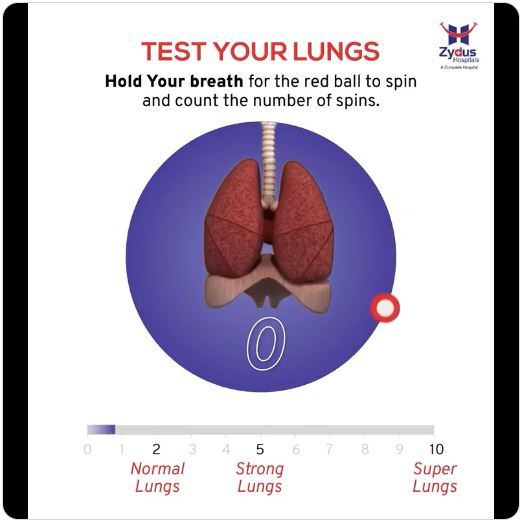
Origami Aeroplane
Life Hacks
Make Your Own Candle

Apparently not just a non-toxic air freshener, also an insect deterrent.
Test Your Lungs
How Couples Met
Rudolf Serkin

One evening at the Marlboro Music Festival, a young pianist was struggling with a difficult passage from a Beethoven sonata. Rudolf Serkin, already a legendary musician, quietly walked over and sat beside him. Instead of offering a lecture, he simply said, “Let’s work on this together.” He played the passage with such warmth and clarity that the student was mesmerized. Then, with a gentle smile, Serkin added, “Music is like life—you never stop learning.”
Despite his fame, Serkin never saw himself as above anyone else. At Marlboro, he stood in the cafeteria line like everyone, carried his own suitcase, and stayed up late discussing music with students. After a stunning concert at Carnegie Hall, a fan once told him, “Maestro, your performance was divine!” Serkin humbly shook his head and replied, “Ah, but the music—it is always greater than we are.”
His dedication, humility, and love for music remain his true legacy.
Grow Grapes At Home

Dip the stem end in honey,
Place in seedless tomato half,
Place in potting mix and cover,
Keep moist until you have a seedling ready for transplanting.
Natural Substances That Fight Malignant Melanoma

Dandelion, Coffee, Ashwagandha, Mistletoe, Broccoli Sprouts, Vitamin C, Polyphenols and Sun Exposure.
https://nexusnewsfeed.com/article/science-futures/natural-substances-that-fight-malignant-melanoma/
Parasites In Salami

Most people have not paid much attention to Parasites until now. Makes sense why ‘they’ have worked so hard to demonise Ivermectin.



